Springtime is one of the best times of the year for many people. The gloom of winter slowly fades and nature begins to wake up, spring flowers blooming and trees starting to bud. In addition to flowers emerging from the ground, many pests are also coming out of their winter hiding places. As spring pests in Central TN come out of their hibernation, they will congregate in large groups or swarms looking for food, a mate or to find new places to nest. These large swarms of insects can be frustrating to deal with for many homeowners.
Common Swarming Pests in Tennessee
When dealing with large swarms of insects, it can be important to know what type of pest you are dealing with, especially when trying to determine whether you are seeing flying ants or termites. Below are some of the most common spring swarming pests and how to identify them:
- Ants: Ants are known to swarm in the spring as they look for food and to establish new colonies. Carpenter ants are particularly dangerous to have swarming in your yard. They, like termites, will tunnel into the wooden structure of your home causing extensive damage if left untreated. Swarming ants have a thin waist, long legs and forewings that are much larger than the hindwings.
- Termites: Termites are common in Tennessee due to the warm, humid weather in the spring and are one of the most destructive insects to a home. They will burrow into and eat the wood of your home, often causing thousands of dollars in damage. You can easily identify a termite by its four large wings that are all the same size, long thick abdomen, and short legs. Seeing a termite in your home is most homeowners’ worst nightmare. If you see signs of termites, call an exterminator immediately.
- Bees and Wasps: Bees can be identified by their round black and yellow bodies. They will seek out open cavities to build their nests such as hollow trees, under sheds, in the eves of a home or even in your home’s siding. Carpenter bees will burrow into wood and damage the structure of your home, it is essential to take care of a carpenter bee swarm quickly. Wasps will have a thin long body with a tiny waist. They will often build nests in trees or the eves of a home.
- Mosquitoes: Mosquitoes are common outdoor pests in the spring and summer. They are known for their bites that leave itchy red bumps on your skin. These small insects become more active in the spring as the females emerge from their winter hibernation and begin laying their eggs in areas with standing water.
Keeping Pests Out of Your Home and Yard
As the temperatures outside begin to rise, many people begin thinking about summer barbecues and enjoying time in their yards. Dealing with swarming pests while trying to spend time outside can be frustrating. Swarming pests are not just unpleasant, they can also cause damage or introduce unwanted bacteria into your home making it important to prevent swarming pests from entering your yard or home. Here are a few simple ways to keep swarming pests out of your yard and home.
- Clean any crumbs and spills in your kitchen immediately.
- Seal cracks and holes on the exterior of your home.
- Close all doors and windows without screens.
- Stack all of your firewood 20 feet away from your home and make sure it is elevated off of the ground.
- Turn off outdoor lights when not needed.
- Collect and dispose of yard waste such as leaves, grass clippings, and fallen fruit.
- Eliminate any standing water and fix leaking faucets.
- Clean up leftover food quickly after having meals outside.
Spring Pest Control in Central TN
Spring is usually thought of as a time of renewal and happiness as the gloom of winter passes but dealing with swarming pests can be a nightmare. If you are tired of pests in your yard and home, contact the experts at The Bug Man today. We have been keeping homes pest free in Central TN for over 20 years. Our experienced technicians will be able to quickly and effectively eliminate any pest infestation. Contact us today for a free quote and learn more about our services!
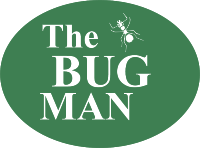
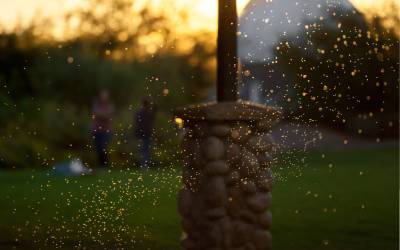
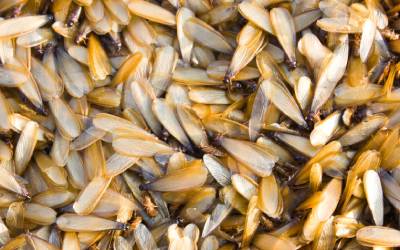
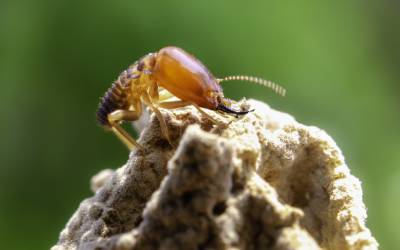
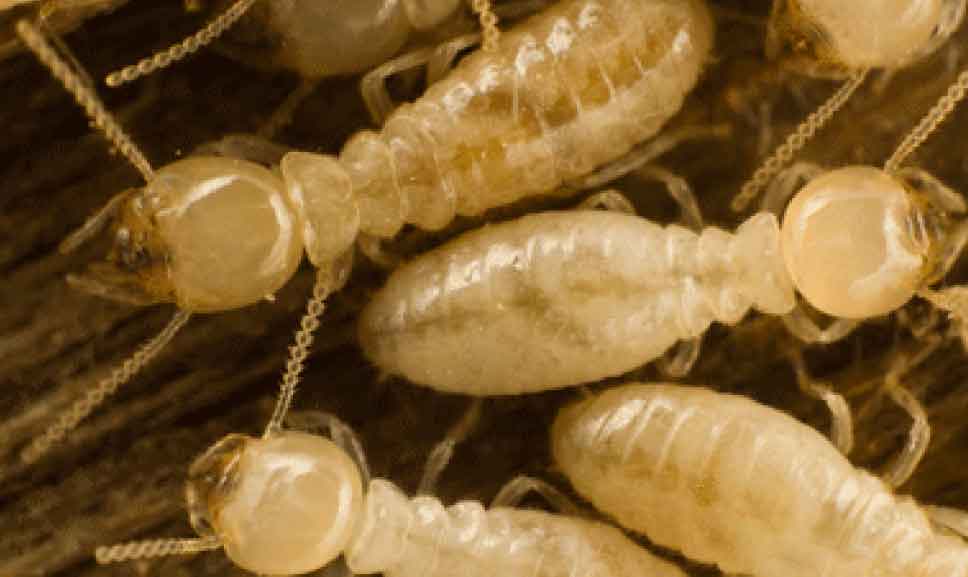
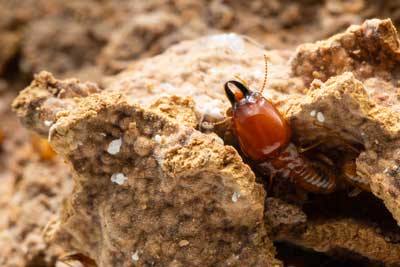
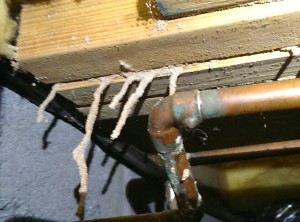
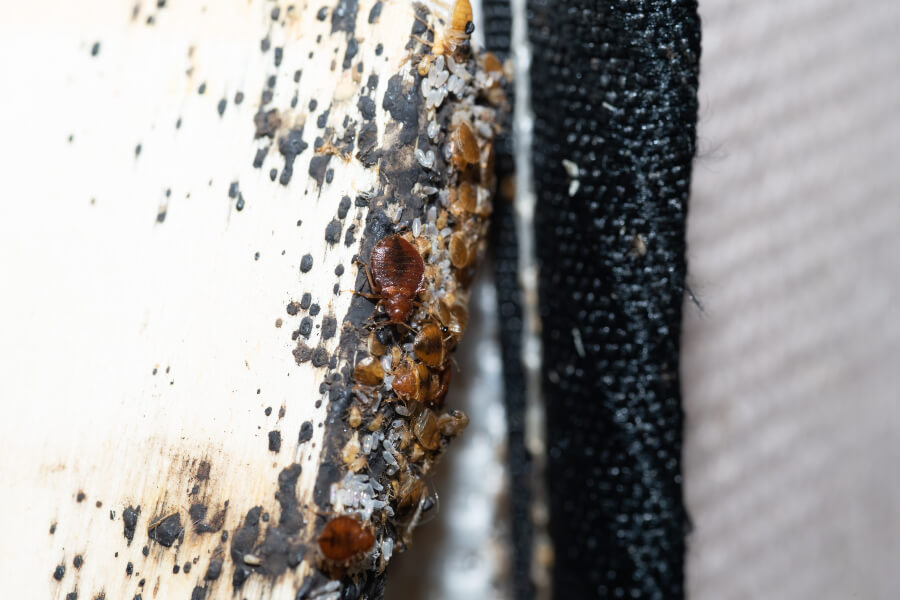

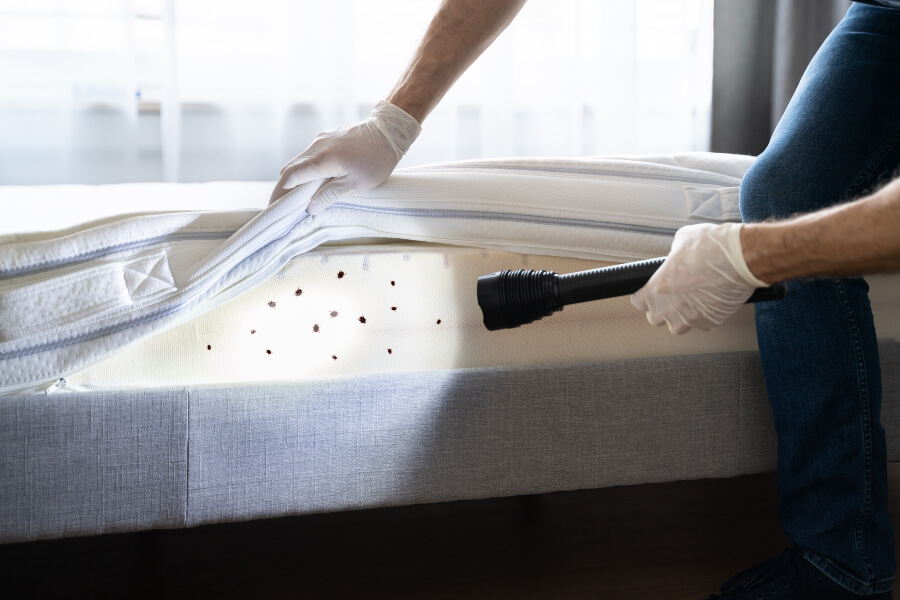
 Bugs are bootastic! You don’t want them in your house, but they show up anyway. You call The Bug Man, but sometimes the bugs still remain after a few days, even after a treatment is done. What gives?
Bugs are bootastic! You don’t want them in your house, but they show up anyway. You call The Bug Man, but sometimes the bugs still remain after a few days, even after a treatment is done. What gives?